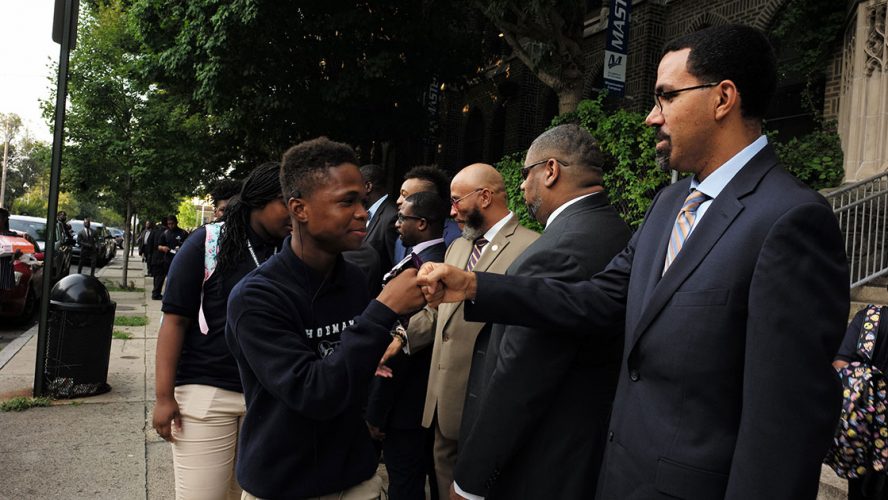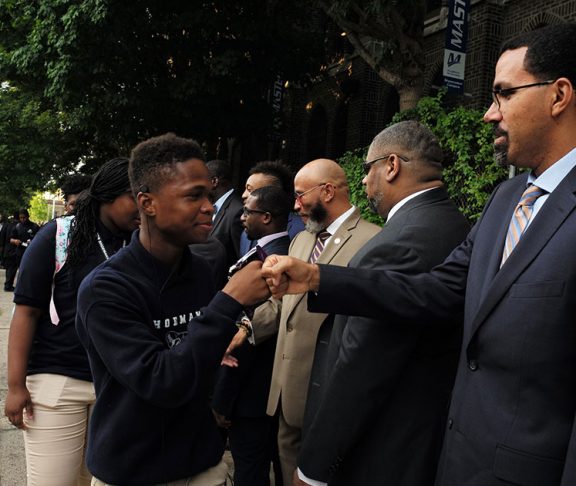It’s no secret that getting a college education is paramount in today’s competitive job market.
But still, gaps in opportunity exist, according to John B. King, CEO and president of nonprofit the Education Trust. That means it’s becoming increasingly important for parents of minority students to educate themselves about the resources at their children’s disposal, and for educators to take steps to facilitate those opportunities.
Socio-economic and racial disparities
“While about 6 in 10 white students who start a bachelor’s degree will eventually earn one, just 5 in 10 Hispanic students and low-income students of any race or ethnicity have earned a bachelor’s degree. Only 4 in 10 black and Native-American students have earned one,” King said. “These disparities demonstrate that students of color and students from low-income families face higher hurdles on the path to college education.”
Financial aid options for students
Leveraging financial aid options is a crucial first step. Families can start with completing the FAFSA to apply for federal grants and student loans that offer more protection than private loans, according to King, whose organization strives to close achievement gaps. Ensuring students have the tools they need to finish their degree is also important.
“The research is clear: The students who struggle most with repaying their loans are the students who end up with debt but no degree. Choosing the best possible college in the first place — and avoiding predatory for-profit colleges that often leave students worse off than when they started — can pay off down the road,” said King.
He recommends applying to multiple schools and using tools such as the Common Application and the Common Black College Application to ease the application process and cut costs. Students can also use College Results to identify a college that works best for their goal and budget.
Federal grants make a difference
School and politicians play a role, too. King calls on Congress to strengthen the Pell Grant, the primary federal scholarship for low-income college students, and for schools to offer extra support to help enable disadvantaged students’ success.
“Our diversity makes us stronger,” King said. “From early education to higher education, we all have a responsibility to ensure that students can learn with peers not like themselves.”

